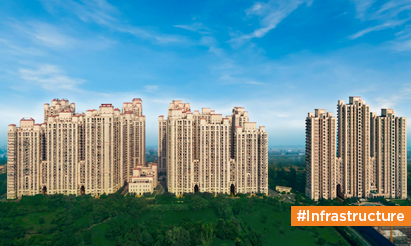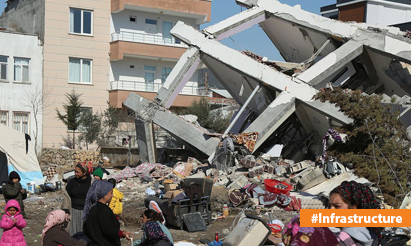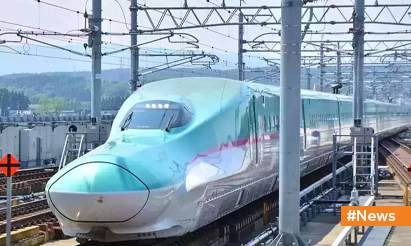Lifts and Elevators in India: A Legal Perspective on Safety and Compliance!
Elevators, commonly referred to as lifts, are an integral part of modern urban living in India. They provide convenience and accessibility in high-rise buildings, shopping malls, hospitals, and residential complexes. However, to ensure the safety and reliability of elevators, there are several rules and regulations in place in India that govern their installation, maintenance, and operation. In this blog, we’ll delve into the key rules and regulations that apply to lifts and elevators in India.
1. The Lifts and Escalators Act, 2017
The Lifts and Escalators Act, 2017, is a significant piece of legislation that governs the installation, maintenance, and safety standards for lifts and escalators in India. Some of the key provisions of this act include:
- Registration: The act mandates that all lifts and escalators be registered with the appropriate state authorities.
- Maintenance: Regular maintenance and inspection of lifts and escalators are required to ensure their safe operation.
- Safety Standards: The act sets safety standards and specifications that must be adhered to during the installation and maintenance of lifts and escalators.
- Penalties: It prescribes penalties for non-compliance, including fines and imprisonment for safety violations.
2. The Bureau of Indian Standards (BIS)
The Bureau of Indian Standards (BIS) is responsible for formulating and implementing standards for various products and services in India, including lifts and elevators. Lift and elevator manufacturers must comply with BIS standards to ensure the safety and quality of their products.
3. State-Specific Regulations
In addition to national regulations, individual states and union territories in India may have their specific rules and regulations related to lifts and elevators. These state-level regulations may pertain to registration, safety inspections, and compliance with local building codes.
4. Installation and Maintenance Standards
The installation and maintenance of lifts and elevators must adhere to specific standards, which include:
- IS 14665: This standard outlines the requirements for the installation and maintenance of lifts and escalators.
- IS 15364: It specifies safety requirements for passenger and goods lifts.
- IS 14669: This standard provides guidelines for the installation, operation, and maintenance of elevators in residential buildings.
- IS 15294: It covers the safety requirements for escalators and moving walks.
5. Periodic Inspection and Certification
To ensure the ongoing safety of lifts and elevators, they must undergo periodic inspections and certifications. Competent authorities, often appointed by state governments, conduct these inspections to assess compliance with safety standards and issue certificates of fitness.
6. Compliance with Building Codes
Lifts and elevators must also comply with local building codes, which may vary by state and municipality. These codes cover aspects such as the size of elevator shafts, emergency procedures, accessibility requirements, and fire safety measures.
7. Occupancy and Load Limits
Lifts and elevators have specific occupancy and load limits that must not be exceeded. Overloading can pose safety risks and lead to equipment failure.
Safety is paramount when it comes to lifts and elevators, considering their widespread use and potential risks. The rules and regulations governing lifts and elevators in India are in place to ensure the safety, reliability, and proper functioning of these essential amenities. Compliance with these regulations, as well as regular maintenance and inspections, are essential to keep lifts and elevators operating smoothly and safely in the diverse urban landscape of India. Building owners, facility managers, and elevator manufacturers should stay informed about these regulations to meet safety standards and provide secure and efficient vertical transportation for all.
Disclaimer: The views expressed above are for informational purposes only based on industry reports and related news stories. PropertyPistol does not guarantee the accuracy, completeness, or reliability of the information and shall not be held responsible for any action taken based on the published information.




